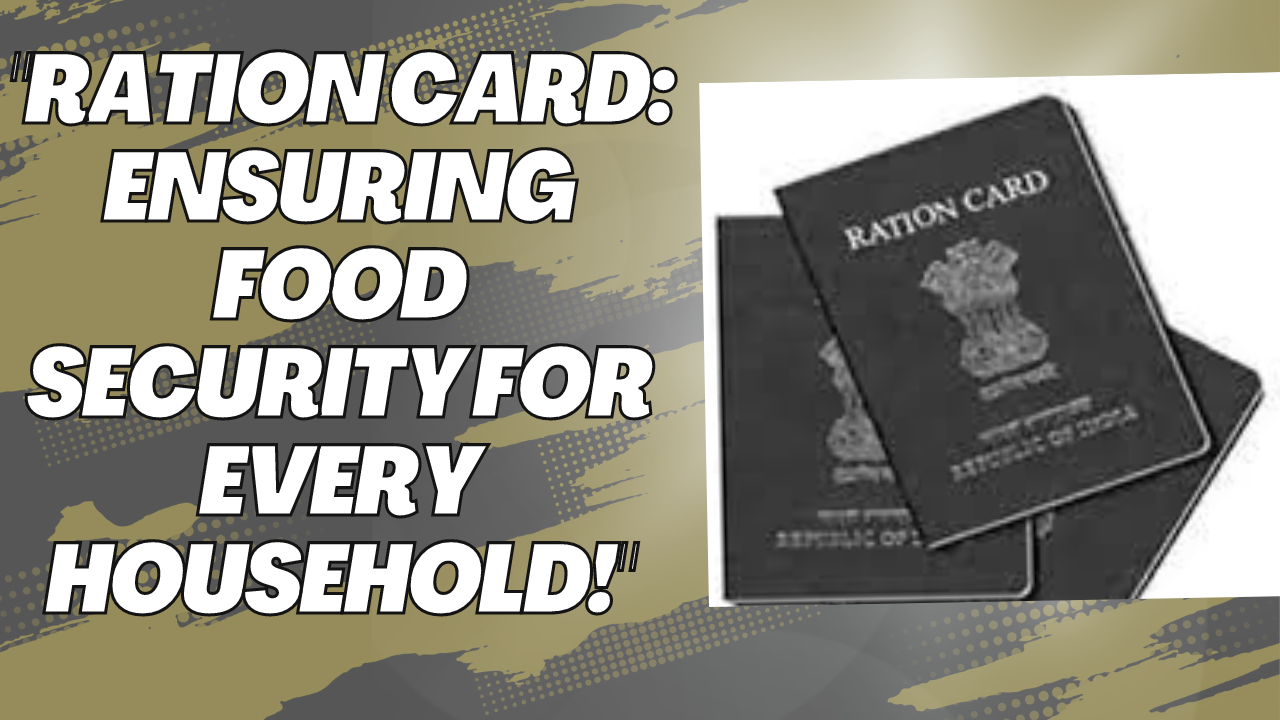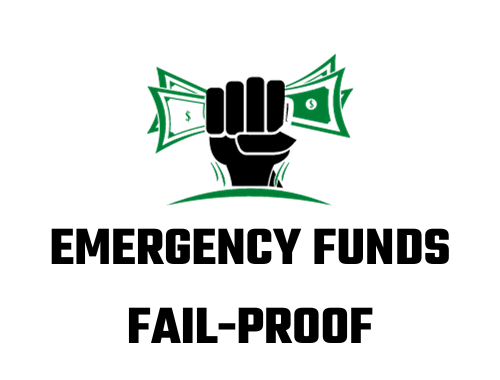The ration card is a government-approved document that provides significant assistance to individuals, especially those belonging to the below poverty line (BPL) group or facing financial hardships. It enables them to purchase essential items like food, grains, and kerosene at subsidized rates.
Moreover, the ration card serves as a valuable proof of identity and address for the cardholders. Besides availing subsidized goods, it can be utilized for various administrative purposes, such as applying for a domicile certificate, obtaining a voter ID, and other official requirements. This multi-functional aspect of the ration card makes it a vital support for those in need and simplifies essential administrative processes.
Main types of Ration Cards:
1. White Ration Card: Individuals who are above the poverty line can apply for a white ration card. Its white color signifies that the cardholder is a citizen of India and falls above the poverty line category.
2. Blue/Red/Green/Yellow Ration Card: These variations of ration cards are issued to individuals who belong to the below poverty line (BPL) category. The color of the card may vary based on the state or region, but they all serve the same purpose, which is to provide subsidized access to essential food items for those who are economically disadvantaged.
The significance of a ration card
1. Essential Document for Indian Citizens: The ration card is considered one of the most important documents for every Indian citizen, especially for those belonging to economically disadvantaged groups.
2. Issued by State Government: Ration cards are issued by the State Government to eligible individuals based on their economic status and need for subsidized food and fuel.
3. Residential and Identification Proof: The ration card serves as a vital document for residential and identification purposes, as it contains crucial information about the cardholder and their family.
4. Supporting Official Procedures: Ration cards are used as supporting documents for various official procedures, such as applying for birth certificates, Voter ID cards, domicile certificates, and other administrative requirements.
5. Access to Subsidized Food and Fuel: Ration cards entitle the cardholders to avail themselves of government-issued food grains and fuel at subsidized rates, ensuring food security for economically vulnerable sections of the population.
The eligibility criteria to apply for a ration card
1. No Prior Application: No person or any member of your family should have applied for a ration card on your behalf previously.
2. Citizenship: The applicant must be a citizen of India to be eligible to apply for a ration card.
Meeting these criteria is essential when applying for a ration card to ensure that the card is issued to eligible individuals and families in a fair and transparent manner.
List of Documents Required to Apply for Ration Card
To apply for a ration card, you will need the following documents:
1. State Application Form: Fill out the application form provided by the state government for ration card registration.
2. Identity Proof: Submit documents for identity verification, such as Election ID, Driving License, Passport, or any Government ID card.
3. Residence Proof: Provide documents as proof of residence, which may include Electricity Bill, Telephone Bill, LPG Receipt, Bank Passbook, or Rental Agreement.
4. Photograph of Head of the Family: Attach a recent photograph of the head of the family who will be the primary cardholder.
5. Annual Income Details: Mention the annual income details of the applicant and family members as required.
6. Cancelled/Surrendered Ration Card (if any): If you had a previous ration card that was cancelled or surrendered, provide relevant details as necessary.
Submitting these documents is crucial when applying for a ration card, as they help in verifying your eligibility and facilitating the smooth issuance of the ration card.
Frequently Asked Questions (FAQs) about Ration Card:
1. Is the ration card applicable only for purchasing food items?
While the primary purpose of the ration card is to avail subsidized food items, it can also serve as a residential and identification proof and be used for various administrative procedures.
2. Can I apply for a ration card if I already have one in another state?
Generally, individuals can have only one active ration card in India. If you already have a ration card in another state, you may need to surrender it before applying for a new one in a different state.
3. Can I apply for a ration card if I am not an Indian citizen but residing in India?
The eligibility for a ration card is usually restricted to Indian citizens. Non-Indian citizens may not be eligible for a ration card unless they fall under specific categories as determined by the state government.
4. Can I apply for a ration card online?
Many states now offer the option to apply for a ration card online. You can check with your state’s official portal or the Food and Civil Supplies Department for the online application process.
5. Is the ration card applicable only for BPL families?
Ration cards come in various categories, including those for Below Poverty Line (BPL) families and Above Poverty Line (APL) families. The type of ration card and benefits vary based on the economic status of the applicant.
Conclusion:
The ration card is a significant document that provides crucial assistance to economically disadvantaged individuals and families by enabling them to access essential food items and fuel at subsidized rates. Besides serving as proof of identity and residence, the ration card streamlines administrative processes for various government services. With clear eligibility criteria and the necessary documents, individuals can apply for a ration card and benefit from its various advantages, contributing to their well-being and food security.
Read More:
- Post Office Savings Account: Benefits and How to Open an Account
- 7 Simple Ways to Start Saving for a Bright Future
- How can I grow my savings fast?
- Saving Account: Types, Interest rates, and eligibility criteria




